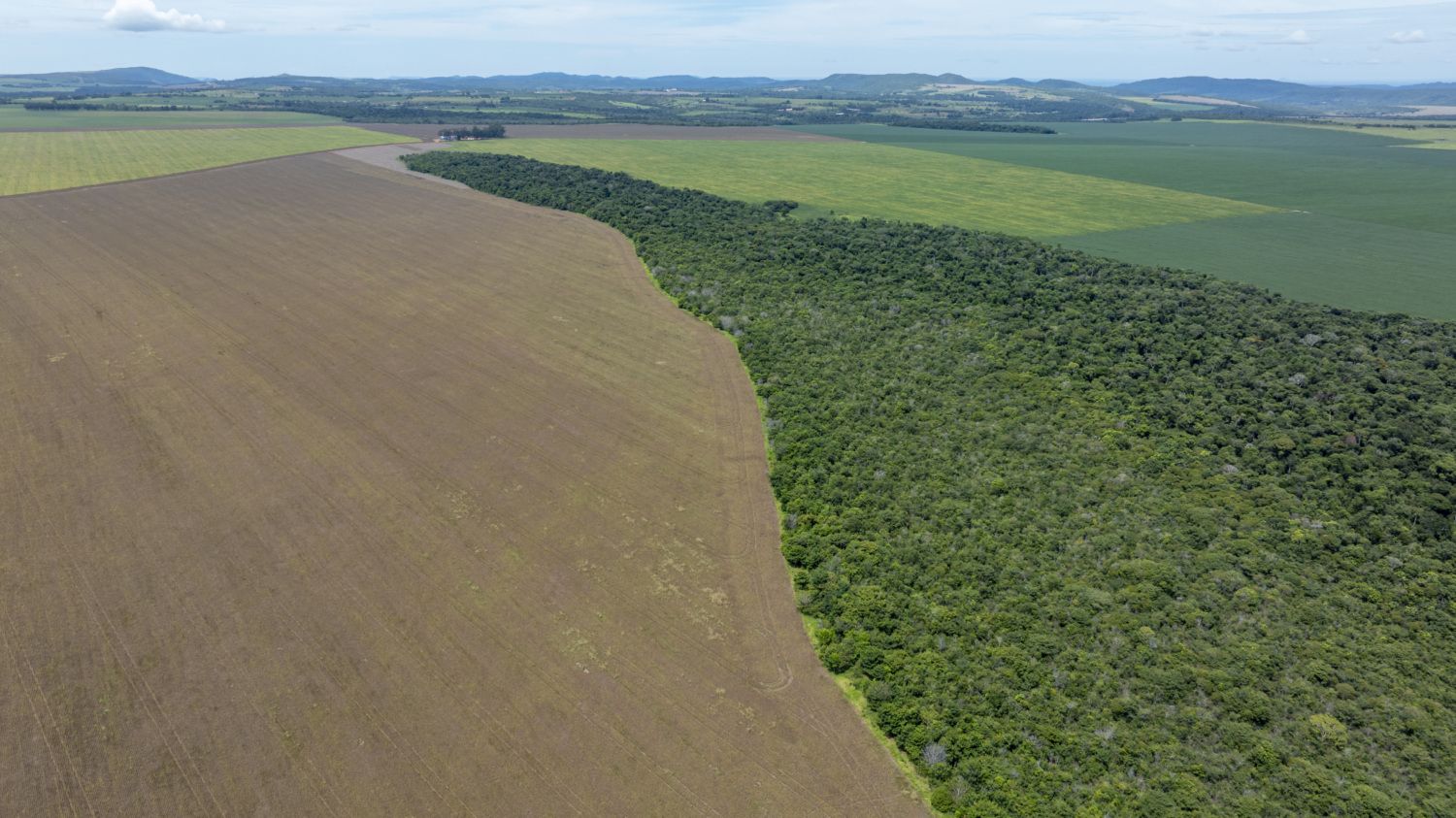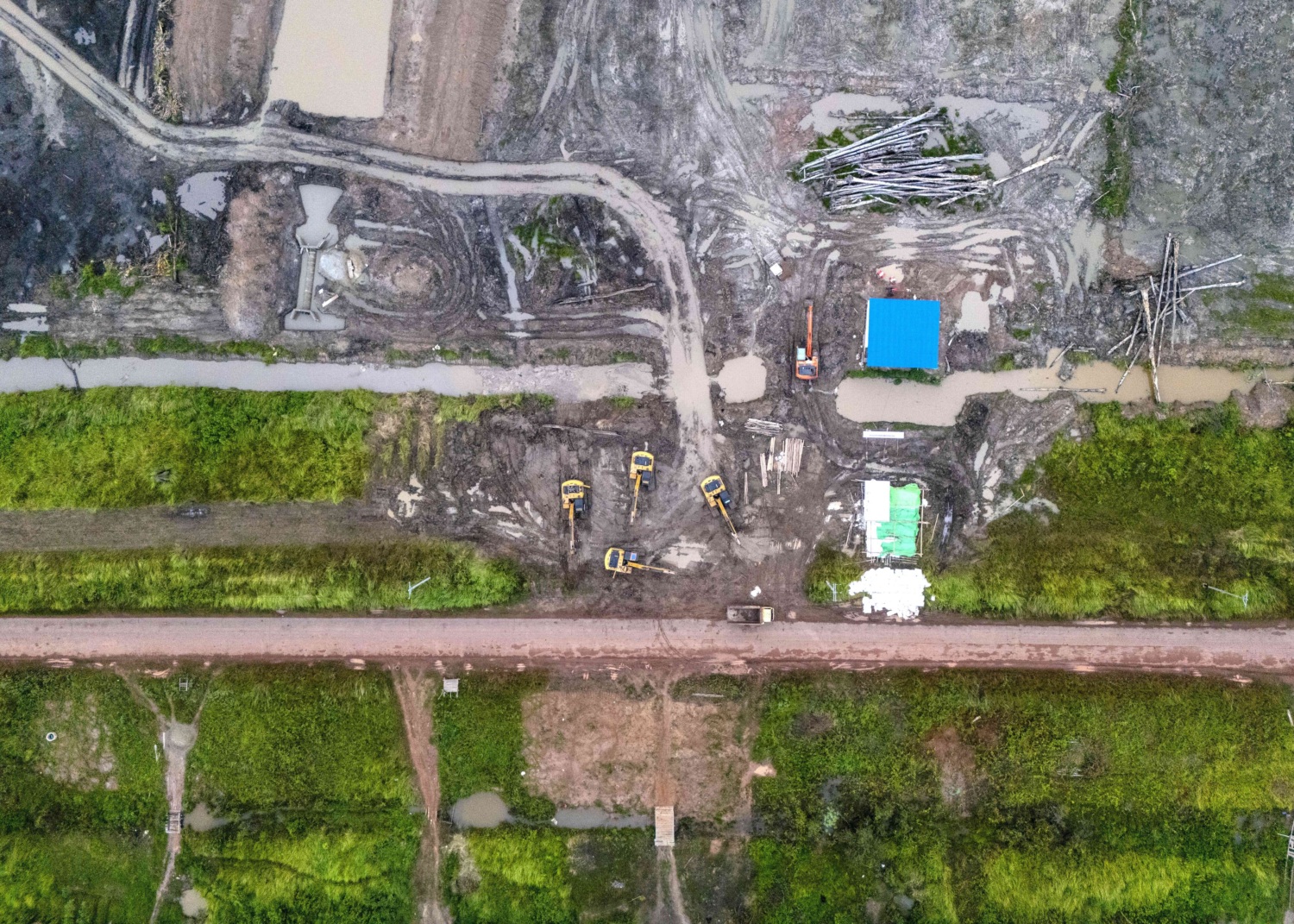
Deal or No Deal?
Decision to delay implementation of landmark anti-Deforestation Regulation signals grave danger for the EU’s “Green Deal”
December 4, 2024
A decision to postpone implementation of the landmark EU Deforestation Regulation (EUDR) by 12 months was confirmed on December 3 by representatives of the European Commission, Council for the European Union and European Parliament. It ends a period of intense speculation and political horse-trading over the future of the anti-deforestation law, which was at risk of further weakening due to demands from the European Peoples’ Party (EPP) and its allies on the far right in the Parliament.
The EPP proposals – to create a new “zero risk” category to remove the need for border checks on commodities coming from countries deemed deforestation-free – were firmly rejected by member states and the Commission. Instead, the Commission simply agreed to “consider” whether additional simplification measures could be introduced to the law following a scheduled review in 2028.
Commenting on the outcome of Tuesday evening’s trialogue, Mighty Earth’s Policy Director Julian Oram said:
“It beggars belief that a law less than two years old has already been subject to such setbacks. The Commission failed to put in place the necessary systems and guidance in a timely manner, opening the door to attacks on the EUDR from politicians posturing to further their own agendas, rather than wanting to improve the Regulation. As a result, the world’s forests have become a political football being shamelessly kicked about the corridors of power in Brussels”.
The rejection of the EPP proposals, which would have made effective implementation of the law virtual impossible, represented an important victory for campaigners. However, Mighty Earth warns that the delay to the EUDR has damaged and diminished the credibility of the “Green Deal” agenda. Julian Oram said:
“This is part of a systematic attempt to roll back years of progress on EU environmental policies, with the fate of the whole Green Deal agenda now in grave peril. This is being driven by reactionary ideological positioning, under the guise of making EU markets more ‘competitive’.”
“But rather than making life easier for companies, businesses that have already invested huge resources into traceability, due diligence, monitoring and reporting systems have been badly let down. They now face uncertainty and legal confusion about what their requirements will be. Rather than boosting competitiveness, this makes Europe’s regulatory systems chaotic and unpredictable for industry. It shows the world that EU decision makers are not to be trusted about the seriousness of their intent when they pass new laws.”
Last week’s formal appointment of the new European Commission, which will again have the EPP’s Ursula von der Leyen at the helm as President also featured the announcement of a new “omnibus” bill, which nominally intends to unify and ‘simplify’ corporate sustainability reporting requirements. Campaigners fear attempts will be made to substantially weaken the requirements covered by the bill, which includes the Corporate Sustainability Reporting Directive (CSRD) and the Corporate Sustainability Due Diligence Directive (CSDDD), focused on disclosure and sustainability reporting and responsible business practices and conduct, respectively.
Julian Oram concluded:
“Each year, the consequences of climate change and nature loss mount, with ever-more frequent and serious extreme weather events, leading to death and misery for people around the world, including in Europe. Delaying the EUDR by twelve months leaves forests to fall for another year, to produce agricultural commodities for Europe, accelerating the climate and nature crisis. History won’t judge this debacle – and the politicians behind it – kindly.”
The provisional agreement needs to be approved by both the Council and the Parliament before formal adoption.


